|
In March 2020, as Covid-19 made its way across Europe it was becoming increasingly clear that I was going to have to take my British piano teaching business online, something I had never even thought of doing, let alone considered possible. How on earth are you to teach piano online?! Well, 314 lessons later I have some answers together with some major innovations in the way I'll teach piano in the future. Supported by The Curious Piano Teachers who provided a wealth of information and were already experienced in delivering online training to piano teachers I got ready to launch. Frantic working out of how to set up kit to ensure an overhead view of the piano and a sideways view of me ensued together with:
There was an issue of how to get resources to families and how to share videos. I overcame this with the help of my good friend Andrew who is an expert in the online learning platform Moodle. I also had to think how to arrange homework notes – Google Drive has been great for this as it allows me to link directly to YouTube videos and specific activities in Moodle. Each child has their own link to Google Drive and accesses their updated notes there each week. Helped by 7 days self isolating with very mild Covid like symptoms (I don’t know if I had it or not, whatever it was was very mild and quite probably a chill, but I didn’t want to take any risks) I was ready for piano in week 1 of lock down. As were many of my ‘piano parents’. Piano parents were not only having to cope with their own rapid learning of new technologies and ways of doing things, they also had their children at home, were trying to work while also home schooling and, on top of it all they committed to keep their children’s piano lessons going. So thank you ‘piano parents’! Without you none of the innovations I have made would have happened. I would have had to put my feet up during lock down and make sure I looked after my own mental health without work to hold on to. Work has kept me going through all of this. Thank you 'piano parents'. You have kept me going throughout this. Always wanting to be the best I can I also spent quite a few hours in the first few weeks attending webinars about online teaching. The Frances Clark Center had some really great ones. As it turns out I should have had more confidence in myself as my training meant I was already equipped to deliver engaging lessons, apparently regardless of whether they are online or face to face! I was finally able to put into practice some training (from The Curious Piano Teachers) about feedback. They have done a few Curiosity Boxes on this and I loved the first one, about asking questions. I’ve been using this for a few years now and it’s a great teaching technique. The second box focused a lot on feedback about what you, as a teacher hear. Whenever I’d tried this during face to face lessons it sounded very patronising to me and I didn’t use it much. Online however I see just how effective it is. I discovered that instead of telling a student they played the wrong note in bar 3, for example, I could say ‘I heard that you played a second up in bar 3’ and after a few seconds they usually respond with ‘ahhh’ and immediately set about having another go and correcting the mistake within 2-3 tries. I came across quite a problem with rote teaching which is a large part of what I do in Piano Safari (my programme for 7+ year olds) and Music Moves (my new programme for 4-6 year olds). Students tended to have just one device to their side and it was hard for them to look at that while I played a section using my overhead camera view, then look at their keyboard and remember what to do. After some thought this was easily solved by asking them to either put a second device on the music stand during rote learning, or moving their existing device to the stand. So rote teaching has been a success too. A major problem for me came with a pair of twins I teach who were racing through Piano Safari, which starts with rote and off stave work, towards the unit where the stave is introduced. I had previously taught one child how to read on the stave via a Zoom lesson but I knew I could do better. This is where Moodle really came into its own and I started to use it as a flipped learning environment. Its a new phrase to me but it means that students first learn about concepts via video teaching and then discuss it with the teacher afterwards. Until then I'd used Moodle as a repository for the resources I use in face to face lessons so that parents could print them off and use them at home. The problem with this was that parents were already desperately busy and it was not realistic to expect them to do a lot of printing and cutting up! The videos meant that children could take responsibility for their own learning, watching them and doing the activities mostly independently (I hope!). Then followed some serious professional development where I had to really think through in minute detail how to teach a concept as complicated as ‘the stave’ via video! There was also further professional development in thinking through how to actually make, edit, upload and embed videos. Work on Moodle has taken up a large part of my non teaching time this term. I discovered it’s no good ad-libbing in a video, I had to tightly script each video to make sure concepts were crystal clear! Reader, I can tell you that this has been a success! The twins learned all about the stave via the teaching videos and within a couple of weeks became confident music readers. Of course, it’s no good making teaching videos without also giving the children a means to practise and test their knowledge, so the next step was to create quizzes to go with the units of work. By now I had reached my capacity for learning new things. Andrew once again stepped up and offered to do the quizzes for me. So now I write the quiz in a spreadsheet and he creates the music images in Muse Score and makes the quiz in Moodle! Eventually I’ll learn to do that too, but not yet. As a trained teacher himself Andrew is also able to give useful feedback on Moodle content. I am already seeing the huge value of the quizzes where children are making multiple attempts, improving their score and the time it takes them every time. Some can already do the first quiz as fast as I can! So in the space of 4 short months I have learned that online piano lessons are not just possible, they are effective. They have also given rise to some superb opportunities for professional development, particularly in terms of thinking how I want to teach theoretical concepts and creating step by step teaching materials that will be used long past when we return to face to face lessons. Thank you to all the 'piano parents' who have kept their child’s musical journey going throughout this difficult time. You and your wonderful children have kept me going too.
2 Comments
Over the last two weeks I've discussed the parent's and child's role in the journey, today it's the teacher's. The road to learning anything new is never smooth. There are ups and downs, struggles and joys and the teacher is there to accompany the learner through them all, the good times and the bad. Role 1 - Facilitating open communication
Role 2 - Identifying and solving problems These problems may be emotional and related to the child, or technical / musical related to the piece of music. Children arrive for their lessons in various moods and states of readiness to learn and teachers need to be able to observe and adjust their teaching to suit the child. This can be pretty hard to do as we are under time pressure and want to teach the child as much as we can in the time available, however sometimes it's just necessary to abandon the plan and go with how the child is feeling. Role 3 - Entertainer
Role 4 - Researcher As teachers we have to be endlessly curious about how we can teach 'better' (helped by ongoing professional development, for example from The Curious Piano Teachers, or membership of Facebook groups for teachers); what resources we can find for our students; which piece will suit which student; how to find a piece a student has requested that is arranged suitably for their level. Role 5 - Educator Not only do we need to educate ourselves and our students (this has been discussed in earlier posts), but we also need to educate parents. Many parents long to play instruments themselves and either didn't as a child, or did and gave up too soon and regret it, or did and became quite successful - whichever it is teachers need to let parents know what music education looks like today. It looks pretty different from what they experienced as a child or think they already know and they may not recognise it as what they want for their child. But it is what their child needs if they are to become fulfilled musicians. Music education has moved on and these days high quality music education teaches the whole child all the skills they need to be successful musicians. So children learn through movement, songs, games, rhymes, they learn to play by ear and from notation, they are encouraged to make up their own music and 'mess around' on the piano. Learning an instrument is not just learning to decipher dots someone else wrote on a page. I'm sure there are many roles that I've missed. Can you help teachers become better by identifying any more? I'll be taking a break from blogging until after Christmas. The purpose of these first posts has been to help educate readers about why music is important, what good quality music education looks like and how they can help their children succeed. In January I'll look at a different topic. |
Caroline BlountDirector of Surrey Music School. Archives
January 2024
Categories
All
|
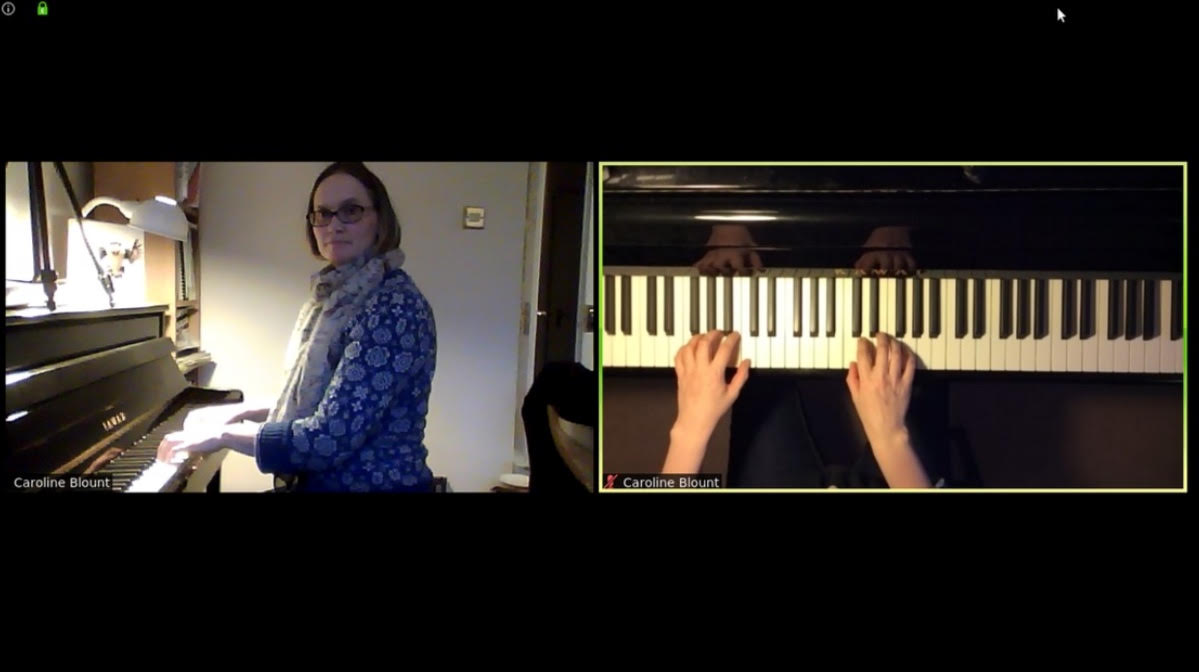

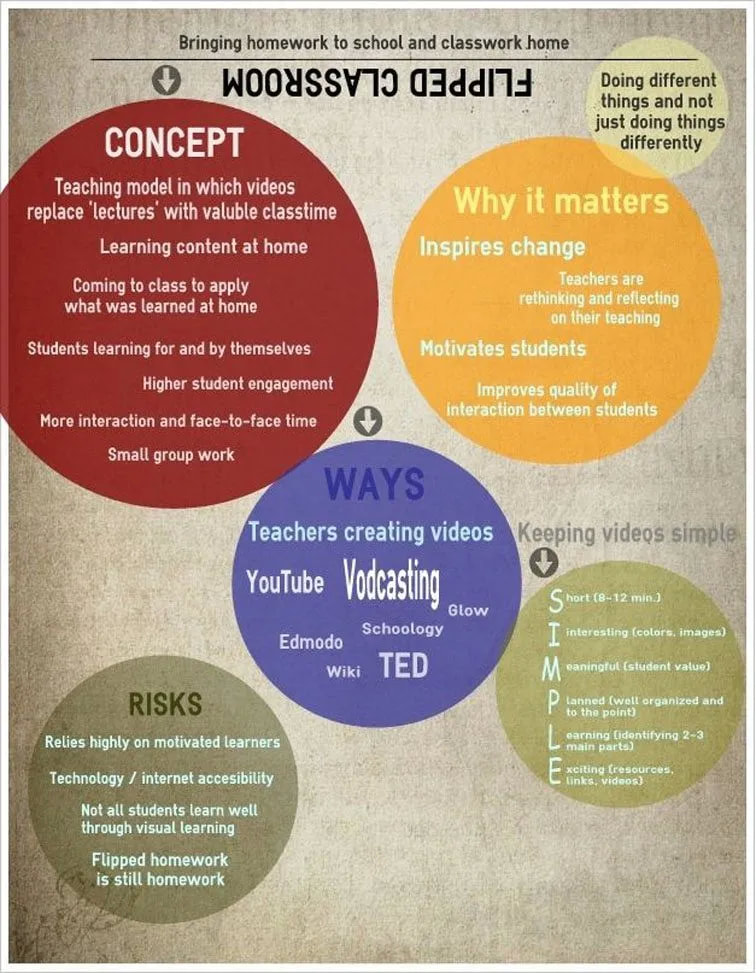

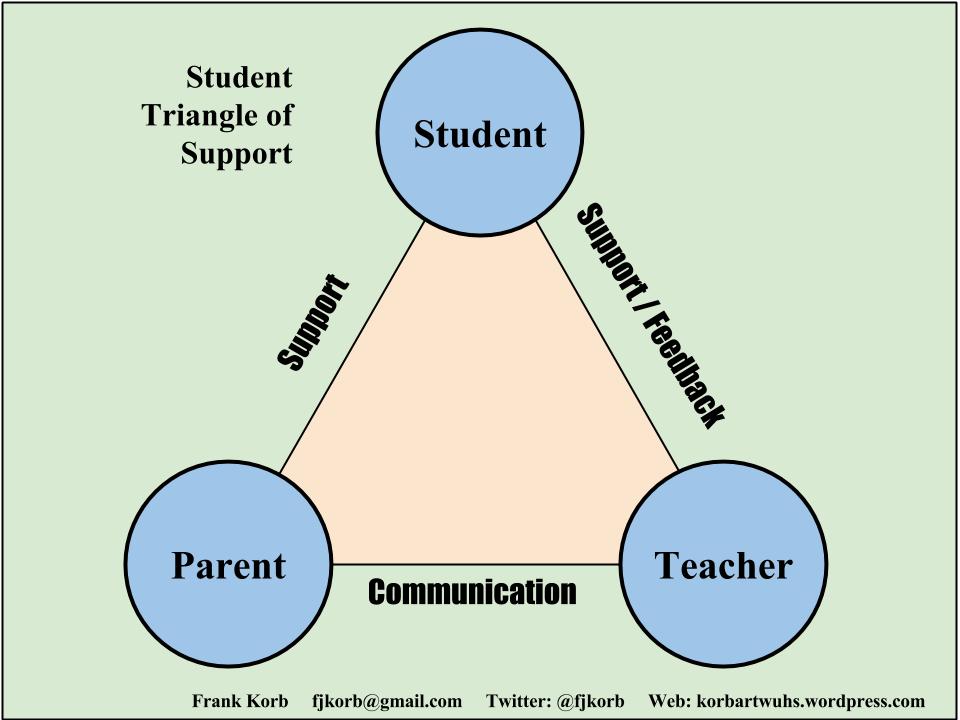
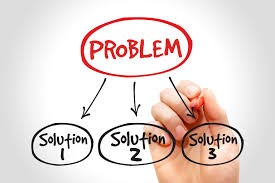
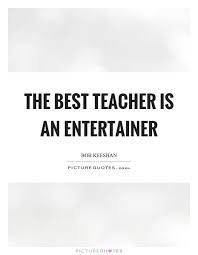
 RSS Feed
RSS Feed